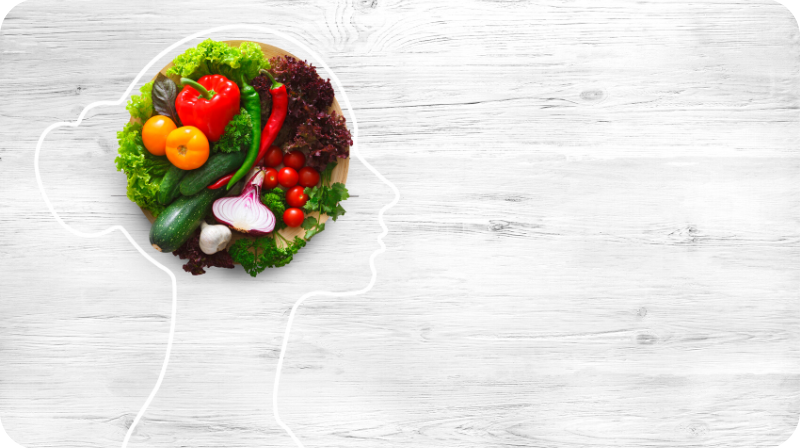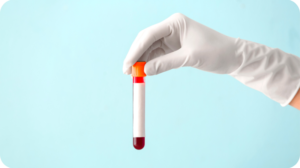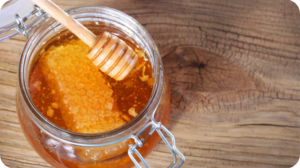The Mediterranean and DASH diets have been linked to brain-health benefits, so it only made for sense for researchers from Rush University Medical Center in Chicago and the Harvard Chan School of Public in Boston to combine the best of both plans in one, refined diet focused on cognitive improvements and long-term brain health. Created in 2015, the MIND diet is part of a robust, ongoing effort to combat age-related dementia and, specifically, Alzheimer’s disease, the fifth leading cause of death for seniors over the age of 65. The name is an acronym of “Mediterranean-DASH Diet Intervention for Neurodegenerative Delay.

The combined group of researchers conducted a decade-long study of 1,000 senior citizens in Chicago who were not afflicted by dementia at the start of the study. The participants logged their dietary habits over the course of the study and researchers studied the resulting data. That led them to chronicle fifteen foods or food groups that were either particularly beneficial for brain health, or identifiably detrimental. Those components form the backbone of the MIND diet.
The Guidelines
As with the two diets on which it is based, the MIND diet focuses on boosting plant intake and lowering the consumption of animal proteins and saturated fats. Researchers believe the diet’s power lies in the abundant flavonoids, carotenoids, and specific vitamins and minerals that the foods deliver. Those have been proven to reduce the oxidative stress and inflammation that are key to the onset and progression of all types of dementia. That’s why the specific goal of the MIND diet is to prevent the incidence of dementia or slow it’s progression after onset. Here are the recommendations for the diet.
Eat
- Whole grains = 3+/daily.
- Veggies = 1+/daily.
- Leafy greens = 6+/weekly.
- Nuts = 5+/weekly.
- Beans = 4+/weekly.
- Berries = 2+/weekly.
- Poultry servings = 2+/weekly.
- Fish servings = 1+/weekly.
- Olive oil = in place of other oils or fats.
Limit or Avoid
- Sweets and baked goods = >5/weekly.
- Red meat = >4/weekly.
- Cheese and fried foods = >1/weekly.
- Butter or margarine = >1 tablespoon/daily.
The diet does not make specific recommendations for alcohol consumption, but abundant research regarding cognitive health indicates that the less alcohol consumed, the better (and an alcohol-free lifestyle is healthiest where the brain is concerned).
The results of the study are stunning. Those participants who most closely adhered to the MIND diet specifications realized a 53 percent lower incidence of Alzheimer’s disease. A higher score (showing strict following of the MIND diet) was shown in a study to slow cognitive decline regardless of disease. Although focused on cognitive benefits and brain-health impact, the MIND diet also offers significant heart-health benefits, and may have diabetes-fighting and anti-cancer effects. Keep in mind that any diet is just one part of a total health plan, and you should always consult with primary caregiver prior to starting a new diet. The MIND diet should be combined with a regular exercise regimen and stress-reducing lifestyle practices.







